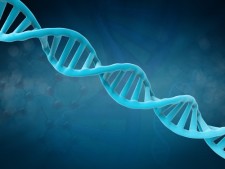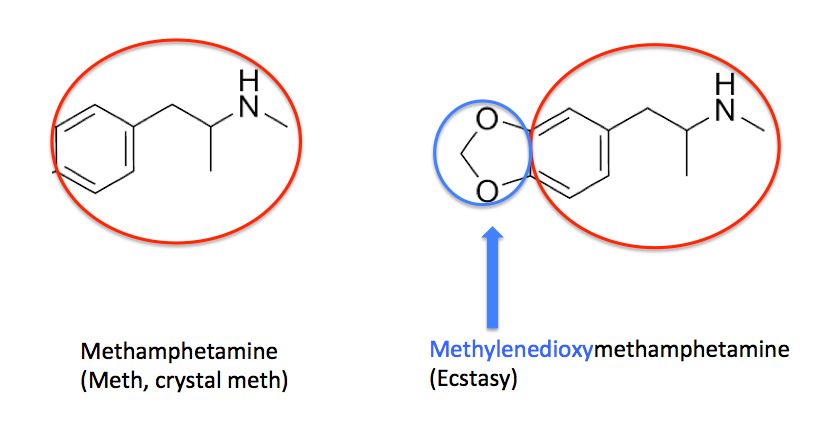 A Doctor's Take On Hillary Clinton's Bill Of Health
A Doctor's Take On Hillary Clinton's Bill Of HealthDemocratic Presidential contender Hillary Clinton is back on the campaign trail after the 68-year...
 CRISPR-Cas9: When A GMO Is Not A GMO
CRISPR-Cas9: When A GMO Is Not A GMOThe genome editing technique known as CRISPR-Cas9 (1) has taken the biology world by storm. Initially...
 People Who Fidget Are Healthier
People Who Fidget Are HealthierAs more people live sedentary lifestyles — and a growing body of evidence shows that sitting...
 Any Way You Gene Silence It, Simplot Is A Better Potato - But Will People Buy It?
Any Way You Gene Silence It, Simplot Is A Better Potato - But Will People Buy It?Lovers of french fries, rejoice: the new, non-bruising potato made by Idaho food giant Simplot...
- « first
- ‹ previous
- 1
- 2
- 3




 We sympathize deeply with Sandra Lee’s ongoing travails related to her recent post-bilateral-mastectomy complications. But her decision to have bilateral mastectomies made her vulnerable, and her problems should be a cautionary tale for other women.
We sympathize deeply with Sandra Lee’s ongoing travails related to her recent post-bilateral-mastectomy complications. But her decision to have bilateral mastectomies made her vulnerable, and her problems should be a cautionary tale for other women.

 In America this year, over 21,000 new cases of ovarian cancer are expected, and over 14,000 deaths.
In America this year, over 21,000 new cases of ovarian cancer are expected, and over 14,000 deaths. 
 It has been 13 years since the publication of the Women’s Health Initiative (WHI) studies that examined the role of menopausal hormone replacement therapy (HRT) in prevention of cardiovascular disease. It can be argued that never before or since has a medical study generated such controversy by the media and scientific community.
It has been 13 years since the publication of the Women’s Health Initiative (WHI) studies that examined the role of menopausal hormone replacement therapy (HRT) in prevention of cardiovascular disease. It can be argued that never before or since has a medical study generated such controversy by the media and scientific community. 